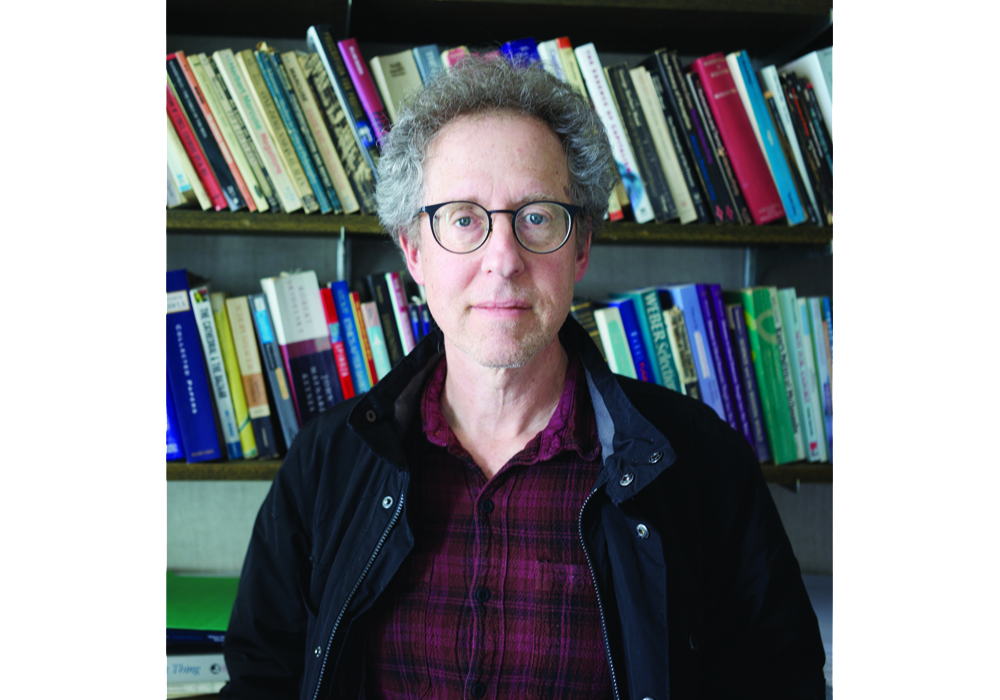Ryan Moore, News Editor
Alex Kvaskov, Assistant News Editor
Featured image courtesy of Michael Zusev, Photo Editor
The York University Faculty Association, which represents tenure and tenure-track faculty and librarians at York, has written an open letter to President and Vice-Chancellor Mamdouh Shoukri.
Shoukri’s recent comments to Excalibur were cause for “great concern,” according to Richard Wellen, YUFA president.
“It is important to point out that our members take the bargaining process very seriously and have told us many times they appreciate YUFA’s internal and external communications in support of that process,” he says.
“We are concerned that you (Shoukri) have characterized such communications as grandstanding. Every association of workers and professionals has the right to engage in advocacy and to add its voice and perspective to the dialogue that will shape the future of their workplace or institution, even if that voice is sometimes oppositional or critical,” he adds.
This is part of a process of healthy debate, not grandstanding, says Wellen.
Moreover, YUFA’s data suggest there is more than a vocal minority who speak out about improving collegial governance.
“For example, YUFA conducted a bargaining survey last year, which received responses from a large percentage of our members,” says Wellen.
“In that survey, the item that members ranked as the highest priority was improving collegiality and collegial process at our university. The average rating for that issue was eight out of 10.”
“More than 70 per cent of respondents said shortlists in the searches for new deans and presidents and VPs should be open. Only 15 per cent said they should remain confidential,” adds Wellen.
Many universities still conduct open searches for administrators, he adds.
Wellen acknowledges “inevitable differences” in viewpoint between faculty associations and university administrations.
“Nevertheless, we note that in the recent round of negotiations, both sides made compromises and the result was progress we can build on to improve our university,” says Wellen.
“We were saddened that you did not use the occasion of your Excalibur interview to celebrate the recent contract settlement where both sides collaborated to find constructive ways to bring about such improvements.”
During the interview with Excalibur that was used for the March 2 article, Shoukri said the most frustrating part of his job is the extent to which people say ‘no’ at York, which far exceeds what he’s experienced at other institutions.
At one point of the interview, Shoukri commented on criticisms he received regarding the selection of deans, vice-presidents, or presidents.
“It’s easy for [senators] if you like the microphone and love to hear yourself [talk.] It is [easy] to say ‘oh but the people we elected don’t represent my view.’ I don’t know how to deal with this. Don’t elect them next time,” says Shoukri.
“I’m willing to have any subject discussed when I think there is a legitimate interest in having a discussion, not grandstanding. There’s more grandstanding here than I’ve seen before,” he adds. “I’m not leaving tomorrow. I still have a long way to go. So I’ll pay for what I said to you.”
However, Shoukri says the Excalibur article of March 2 repeatedly took him out of context in an email sent to Excalibur on March 15.
“It is unfortunate this has resulted in concerns from YUFA because I feel strongly that the recent labour negotiations with the faculty association were, in fact, a good example of both sides collaborating to find ways to improve the university,” he says in response.
Shoukri believes York arguably has the most collegial system he knows. It is so collegial, in fact, that he thinks some of the rules technically infringe on the rights of the Board and management as they are stated in the York University Act.
He also notes, while the Act may give certain powers to the president, for example, his decisions are based on recommendations from committees which are elected through a collegial process.
As a member of the collegium, who also has the right to provide his view, Shoukri responded frankly to a comment from Excalibur that there may not have been adequate consultation on the University Academic Plan.
Shoukri says the UAP was recently approved by Senate after the most consultation he’d ever experienced for an academic plan, either at or before he came to York.
“The UAP is not presented by the university. It is presented by a Senate committee to Senate. They studied it and came to us with a recommendation. Even after numerous town hall meetings and faculty council consultations, there remained a small, vocal minority that were opposed to the plan.”
“I also pointed out that a good system, which we have, allows everyone to speak. In any consultative process, whether at York or at any other institution, when people do not have substantive objections, they often object to the process. I see it all the time and I recognize that it is part and parcel of the collegial process.”
Tweet us, @excaliburYU


